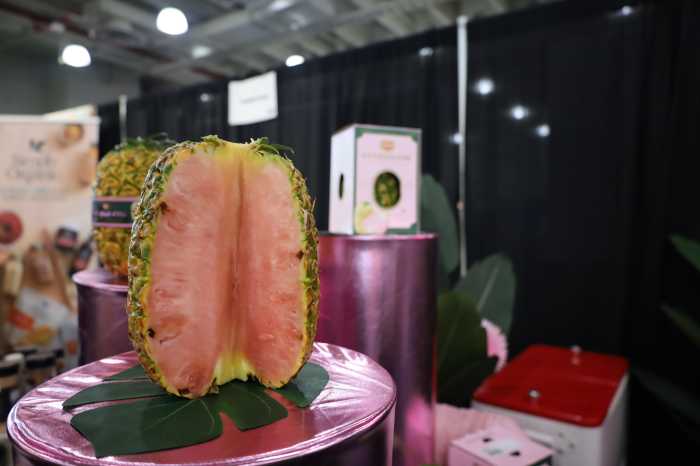Ever wonder what happens to your recyclables once they leave your blue and green bins?
Of the 12,000 tons of waste New Yorkers produce each day, 15% of it is recycled, according to city’s Department of Sanitation. The first stop for the nearly 2,000 tons of metal, glass, paper and plastic recyclables on their route to a second life is the city’s new sorting facility, which opened in Sunset Park in December and is managed by Sims Metal Management, and its sister facility in Jersey City. Here’s a look at what happens next.
Plastic
All plastic recyclables collected by the sanitation department get transported to either Sims’ Sunset Park or Jersey City facilities, where large machinery separates the items by type.
Once sorted and bailed, the materials are sold and trucked to plastic processors across the country, including plants in Alabama, North Carolina and Pennsylvania, where they are shredded, washed, filtered and melted down to become new plastic that is used to make everything from food and beverage containers to car parts.
What use they serve depends on the type of plastic. For instance, KW Plastics in Alabama turns New York City’s clear milk, water and juice bottles into new plastics that are then used as liquid detergent, shampoo and household cleaner bottles, while colored plastic bottles become black motor oil bottles, agricultural drainage piping and car parts.
Colored tubs and lids, including yogurt cups and sour cream cartons, are bought by KW’s sister company, KW Containers, and turned into plastic paint pails.
Glass
All the city’s glass goes to Sims’s Jersey City plant. Clear glass is sold to glass bottle makers in New Jersey and the Ohio-based Owens-Illinois, which recycles used glass into new glass bottles that are used for alcoholic and non-alcoholic beverages, pharmaceuticals, food and tableware.
Paper
The city’s paper recyclables are sold to various local paper processors, with half of the 1,000 tons collected each day going to the Visy Paper Mill in Staten Island.
There, waste paper is soaked in water and turned into “pulp” before being dried and made into new paper. This new paper is then turned into corrugated boxes at Visy locations across the country and can be found at Home Depot, the Post Office and pizzerias.
“It’s here today, gone tomorrow,” said Visy General Manager Jay Hennessey.



































